Child Is Throwing Up With No Fever – Causes and Treatment
Seeing your child throw up can be distressing, especially when there’s no fever to suggest a common illness like the flu. It leaves many parents puzzled and worried about what could be causing the sudden vomiting. Is it something they ate? A sign of stress? Or perhaps an underlying issue that needs attention? While vomiting without a fever can often be harmless and resolve quickly, understanding the causes and knowing how to manage it at home can bring much-needed peace of mind.
So, what could be causing your child’s discomfort, and how can you help them feel better quickly? Keep reading, and let’s untangle the mystery behind why your child is vomiting with no fever because a little knowledge and the right care can make all the difference.
Causes of Vomiting With No Fever in Child
While infections are a common cause of vomiting, there are many other possible triggers that don’t involve a fever. Below are some possible causes of kids throwing up with no fever to consider:
1. Gastroesophageal Reflux (GERD)
Acid reflux is common in babies but can also affect older children. Stomach acid backing up into the oesophagus can cause irritation, leading to frequent vomiting, especially after meals or at night (1).
2. Food Poisoning
Spoiled or contaminated food can cause vomiting in children, sometimes without fever. Bacteria like Salmonella, E. coli, or Staphylococcus can produce toxins in undercooked or improperly stored food. Symptoms often appear within hours of eating and may include nausea, stomach cramps, and diarrhoea (2).
3. Food Allergies and Intolerances
Some children may have an allergic reaction to proteins in foods like dairy, nuts, eggs, or shellfish. Symptoms can range from mild nausea and vomiting to more severe reactions, such as swelling or difficulty breathing. If your child has repeated vomiting episodes after eating certain foods, keeping a food diary can help identify the trigger. Severe allergic reactions require immediate medical attention (3).
4. Motion Sickness
Children who experience nausea and vomiting while travelling in cars, boats, or aeroplanes may have motion sicknesses. This occurs when the brain receives mixed signals from the inner ear and eyes. To prevent symptoms, encourage your child to look at the horizon, ensure good ventilation, and consider giving them light snacks before travelling (4).
5. Emotional Stress and Anxiety
Vomiting can sometimes be triggered by psychological factors like stress, fear, or anxiety. Children experiencing school-related stress, social pressure, or major life changes may develop nausea and vomiting as a response. Helping them relax through deep breathing, reassurance, and open conversations can reduce symptoms (5).
6. Medication Side Effects
Certain medications, such as antibiotics, pain relievers (like ibuprofen), iron supplements, or chemotherapy drugs, can cause nausea and vomiting. If your child starts vomiting after taking a new medication, check with their doctor to see if an alternative is available or if the dosage needs to be adjusted (6).
7. Ear Infections
Middle ear infections (otitis media) can cause nausea and vomiting due to pressure buildup in the ear. Symptoms often include ear pain, irritability, and difficulty sleeping. If your child has a suspected ear infection, consult a doctor for proper treatment, which may include antibiotics or pain relief medications.
8. Gastritis and Acidic Foods
Eating spicy, greasy, or acidic foods can irritate the stomach lining, causing vomiting. Gastritis can also result from viral infections or excessive use of certain medications like aspirin. Providing bland foods, keeping the child hydrated, and giving liquid antacids (if recommended by a doctor) can help relieve discomfort.
9. Intestinal Blockages
Serious conditions like volvulus (twisting of the intestine) or pyloric stenosis (narrowing of the stomach outlet in infants) can cause repeated vomiting. In such cases, vomiting is often forceful or projectile and may be accompanied by severe abdominal pain, bloating, or constipation. These conditions require urgent medical attention (7).
How Can You Help Your Child Recover From Vomiting?
Watching your child struggle with vomiting is never easy; it’s exhausting for both of you. You just want them to feel better, but figuring out what helps (and what doesn’t) can be tricky. The good news? Here’s how you can help your little one feel better faster with home remedies and, if needed, medical treatment.
Home Remedies
1. Keep Your Child Hydrated
Vomiting can quickly lead to dehydration, so it’s important to keep your child sipping fluids. Offer small amounts of water, oral rehydration solutions (ORS), or clear broths. Avoid sugary drinks or sodas, as they can make things worse. If your child refuses to drink, try giving tiny spoonfuls every few minutes (8).
2. Stick to Simple, Bland Foods
Once the vomiting settles, ease your child back into eating with gentle foods like plain toast, bananas, or rice. Stay away from anything greasy, spicy, or heavy on dairy—these can upset their stomach all over again (9).
3. Give Them Plenty of Rest
Let your child relax in a quiet, cosy space. Sleep helps the body heal, and too much movement can trigger nausea again. A comfy couch, a favourite blanket, and some quiet time can work wonders (9).
4. Try Natural Remedies
For older kids, a bit of ginger tea or peppermint may help soothe nausea (10). A spoonful of honey in warm water can also be comforting. Just be sure to check with your doctor before trying any home remedies.
Medical Treatment
1. Antibiotics (Only If Necessary)
If your child’s vomiting is caused by a bacterial infection, such as food poisoning or certain stomach infections, a doctor may prescribe antibiotics. However, antibiotics are not effective for viral infections (such as stomach flu) and should only be given if specifically recommended by a doctor.
2. Anti-Nausea Medication (If Prescribed)
If vomiting persists and your doctor recommends it, anti-nausea medication may help. However, never give your child over-the-counter medicines without consulting a healthcare professional first (9).
3. Intravenous (IV) Fluids for Severe Dehydration
If your child is unable to keep fluids down and shows severe dehydration symptoms, a doctor may recommend IV fluids. This helps restore hydration quickly and prevents complications.
When to Consult the Doctor?
While occasional vomiting is common in children, there are times when medical attention is necessary. Contact a doctor if your child experiences any of the following (8):
- Persistent vomiting for more than 12–24 hours
- Signs of dehydration (dry mouth, no tears, fewer wet diapers)
- High fever above 102°F (39°C)
- Severe stomach pain
- Blood in vomit
- Unusual drowsiness or confusion
- Vomiting after a head injury
FAQs
1. When can my child eat normally again?
Once they go a few hours without vomiting, slowly reintroduce regular foods. Avoid greasy, spicy, or dairy-heavy meals at first.
2. What if vomiting happens only in the morning?
If a baby or toddler throws up with no fever in the morning, it could be due to acid reflux, postnasal drip, or even anxiety. If it happens frequently, consult a doctor.
3. How can I prevent vomiting in the future?
Ensure proper handwashing, avoid spoiled food, don’t let your child overeat, and identify any food intolerances or triggers that may be causing the issue (10).
4. Is it normal for a newborn to vomit?
Yes, newborn vomiting is quite common and often happens due to an immature digestive system, reflux, or overfeeding. In most cases, it’s harmless and improves as the baby grows.
Child vomiting with no fever treatment includes proper hydration, offering mild foods, and monitoring for any worsening symptoms. If you ever feel unsure, don’t hesitate to reach out to a doctor. Seeing your child unwell is never easy, but kids bounce back quickly with a little care, patience, and plenty of snuggles. Your love and attention are the best medicine, and before you know it, your little one will be back to their playful, happy self!
References/Resources:
1. Nemours KidsHealth – Gastroesophageal Reflux (GER) in Kids and Teens
2. Healthdirect – Vomiting in children
3. Nemours KidsHealth – Food Allergies
5. Anxiety in Children – Cleveland Clinic
6. Nemours KidsHealth – Medicines: Using Them Safely
7. University of California – Volvulus (Twisting of the Colon)
8. Saint Luke’s – What to Do When Your Child Is Vomiting
9. Nationwide Children’s Hospital – Vomiting
10. Nemours KidsHealth – What to Do About Vomiting
Also Read:
Recurrent Fever in Children
Child Vomiting at Night
Effective Home Remedies for Vomiting Child
Was This Article Helpful?
Parenting is a huge responsibility, for you as a caregiver, but also for us as a parenting content platform. We understand that and take our responsibility of creating credible content seriously. FirstCry Parenting articles are written and published only after extensive research using factually sound references to deliver quality content that is accurate, validated by experts, and completely reliable. To understand how we go about creating content that is credible, read our editorial policy here.






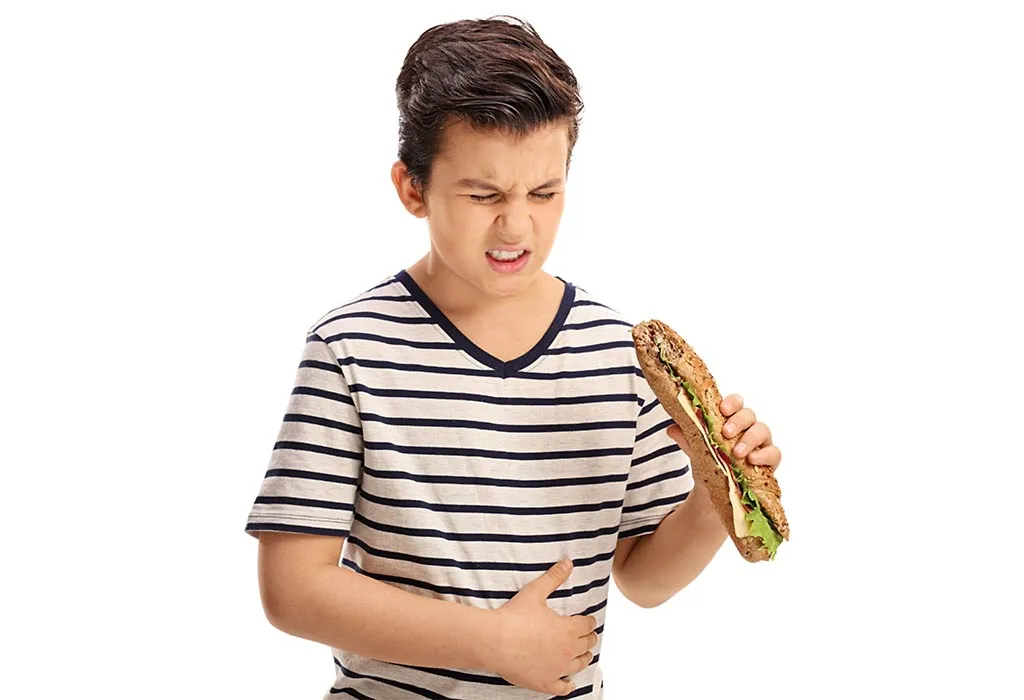

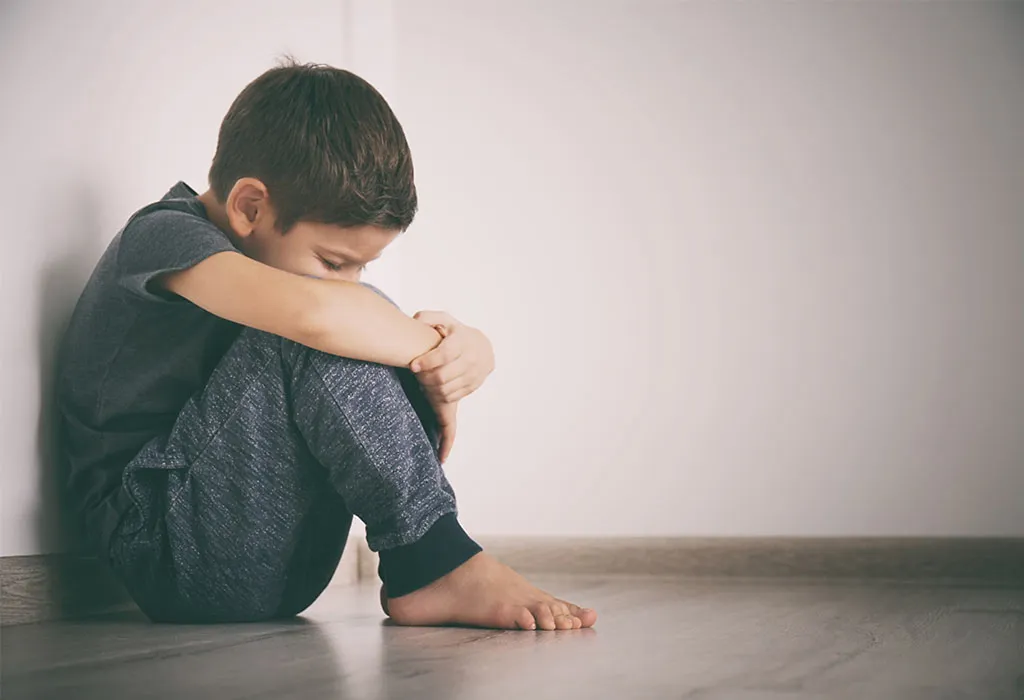

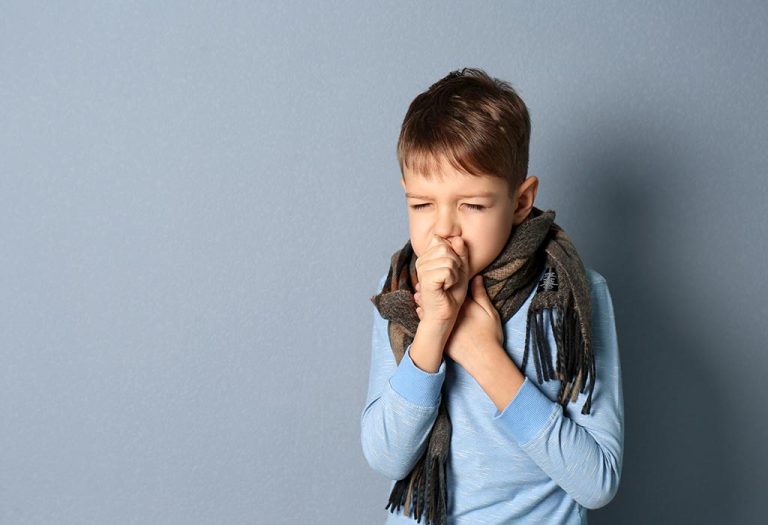



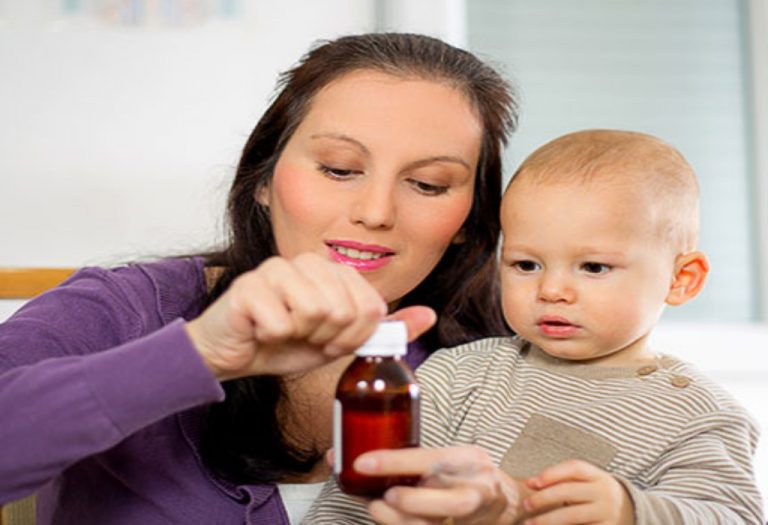
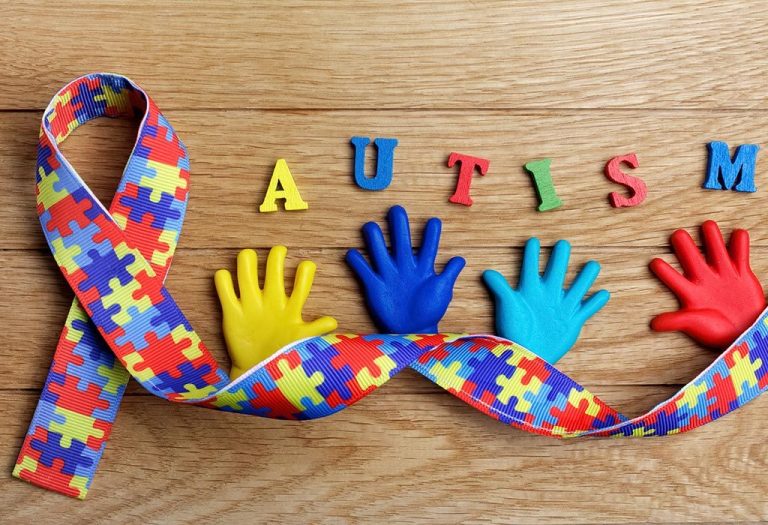

.svg)
















